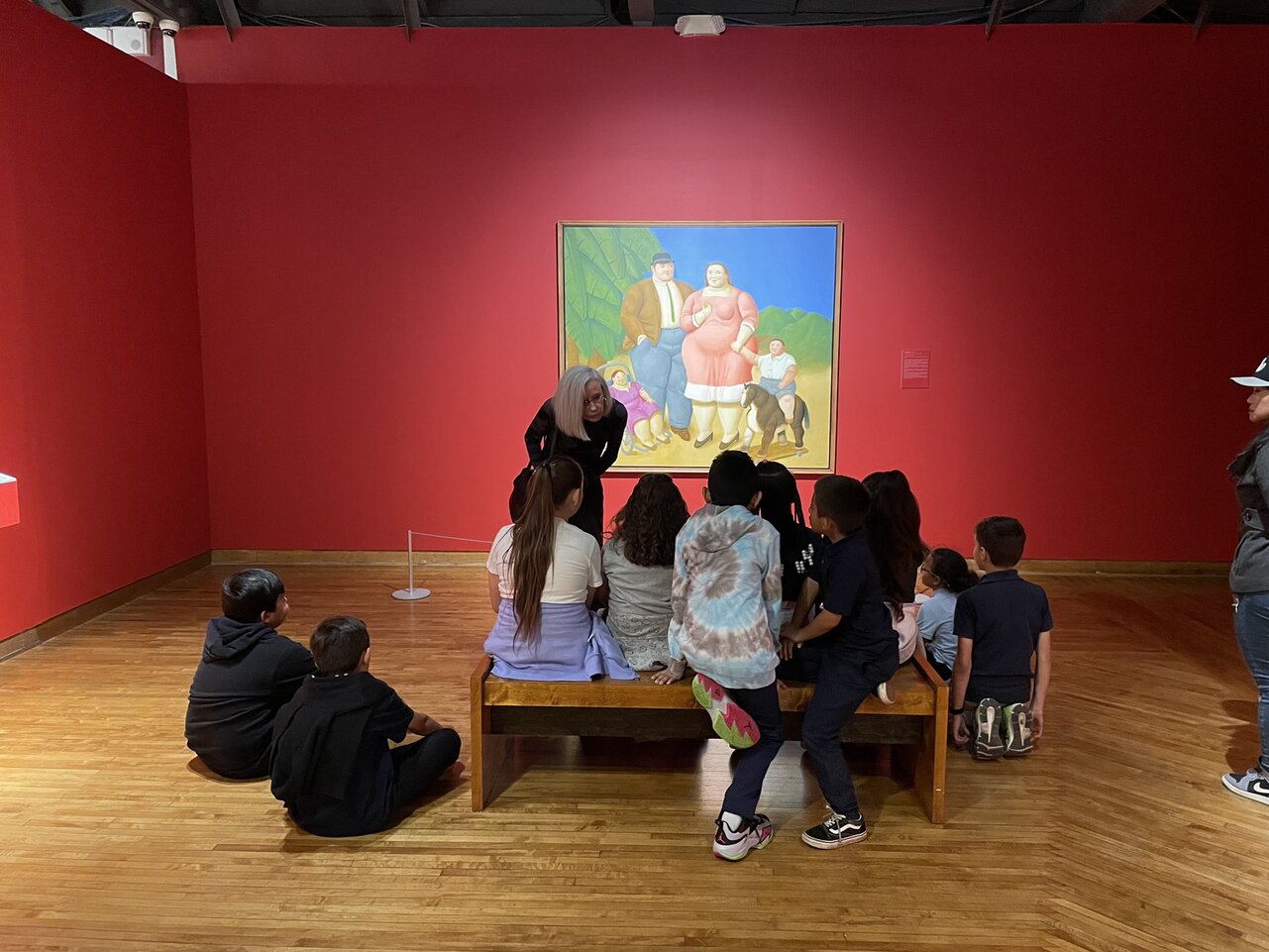
Ándale: The Mariachi of Former Yugoslavia
Today, the younger generations of Serbian, Croatian, Bosnian and other former Yugoslavian nationalities listen to all kind of music, from British Pop to Shakira. However, their parents, and maybe their grandparents, grew up listening to Mexican music in the radio.
In the years after the Second World War, rancheras and boleros like Bésame Mucho dominated Yugoslav airwaves. “For a short period, it seemed showbiz here was dominated by Mexicans and their local reps, ” explains Serbian music journalist Dragan Kremer in Roads and Kingdoms. .
Mexico, like Yugoslavia, it was a country of ‘workers and peasants’ living under a one-party system with a proud revolutionary past. It was also exotic and politically neutral.
In Belgrade Music stores, it is still possible to find ’s Yugovinyl records: or ‘Yu-Mex’ records. These records sound straight out of Guadalajara, except that the lyrics are in Serbo-Croat. For the Mexicans that ruled the radios here were, in fact, Yugoslav. One of the most famous bands was Trio Paloma.
Director Miha Mazzini’s has launched a documentary about it Yu-Mex records in the Post-War Yugoslavia.
As reported in Roads and Kingdoms.










DEJE UN COMENTARIO:
¡Únete a la discusión! Deja un comentario.